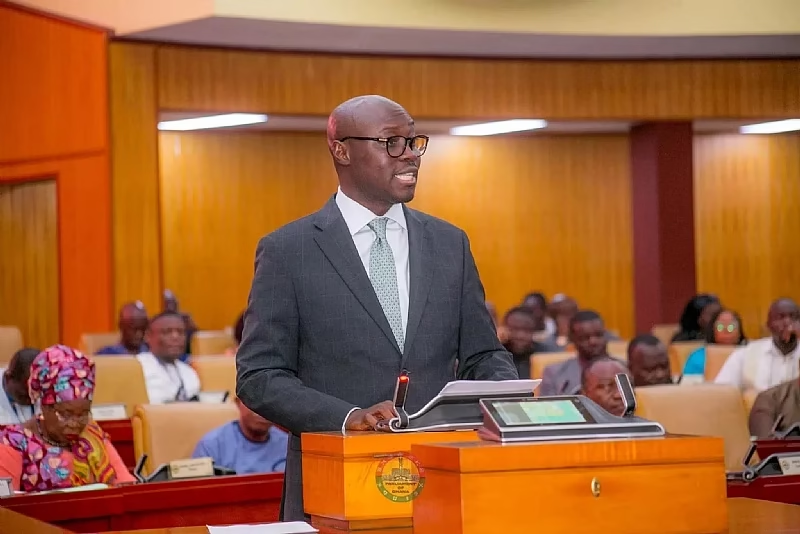The Staggering Cost of Gold Smuggling
In 2022, Ghana experienced a significant economic blow that could have been prevented. The country lost an estimated $1.2 billion in gold revenue due to illegal smuggling—a stark revelation that highlights the urgent need for comprehensive sector reform.
The Scale of the Problem
At the peak of its economic crisis, Ghana witnessed a shocking 60 tonnes of gold leaving the country through illicit channels. This massive outflow represents more than just lost revenue; it symbolizes a critical challenge to the nation’s economic sovereignty.
Strategic Intervention: The UK-Ghana Gold Programme
Recognizing the magnitude of this issue, the Ghanaian government has partnered with the UK-Ghana Gold Programme, an initiative designed to:
- Break the connection between illegal artisanal mining and organized crime
- Implement robust tracking and prevention mechanisms
- Promote responsible gold sourcing and trade
Introducing the Ghana Gold Board: A Regulatory Game-Changer
Key Objectives of GoldBod
The newly established Ghana Gold Board (GoldBod) represents a pivotal step in addressing gold smuggling. Its comprehensive mandate includes:
- Overseeing the gold sector with unprecedented transparency
- Aligning with international standards like the London Bullion Market Association (LBMA) certification
- Collaborating with the Precious Minerals Marketing Company (PMMC) to enhance gold pricing
Innovative Enforcement Strategies
GoldBod is taking a multi-pronged approach to combat illegal trade:
- Partnering with the Economic and Organised Crime Office (EOCO)
- Targeting known smuggling hotspots like Bole
- Implementing weekly gold purchases to strengthen foreign exchange reserves
Policy Reforms: Incentivizing Legal Gold Trade
Tax Policy Transformation
In a bold move, the 2025 Budget proposes abolishing the 1.5% withholding tax on unprocessed gold. This strategic decision aims to:
- Make legal gold transactions more attractive
- Stimulate economic growth
- Reduce the incentive for underground trading



